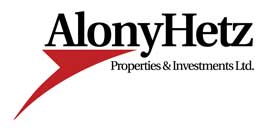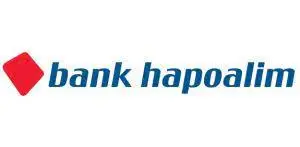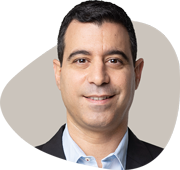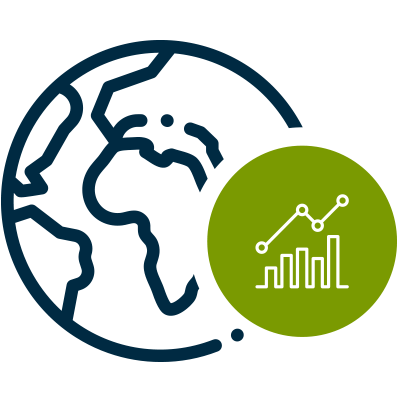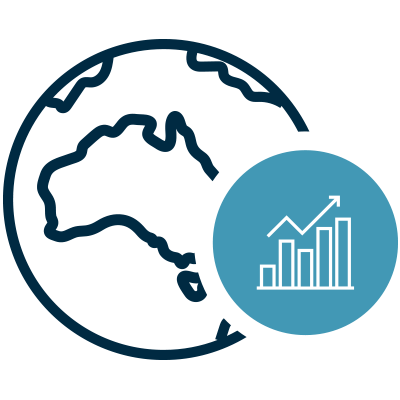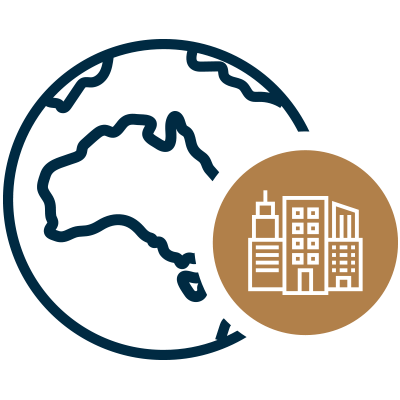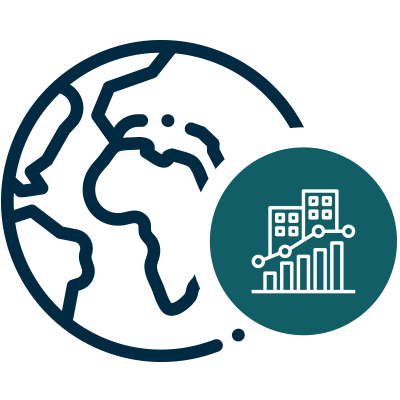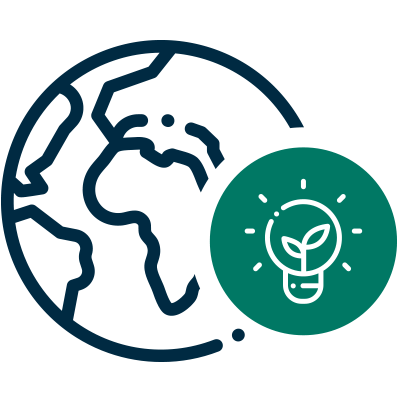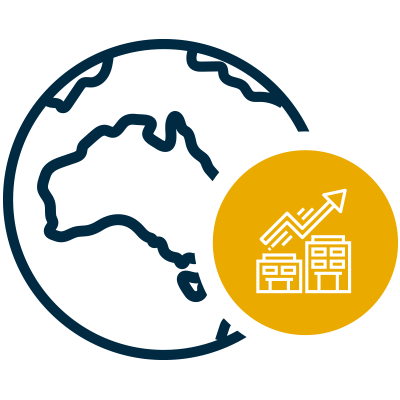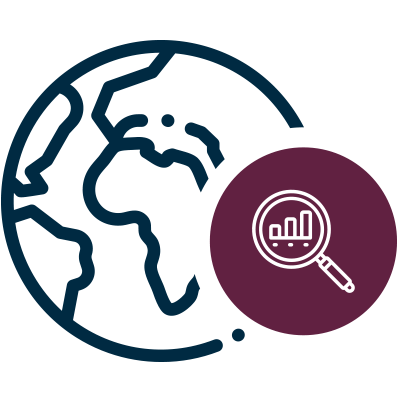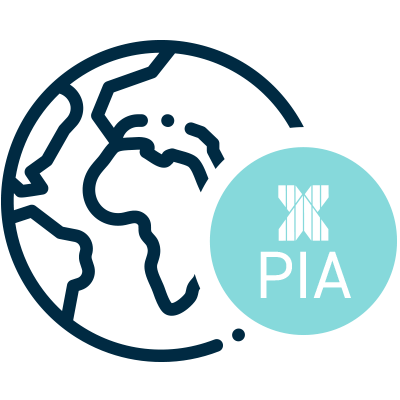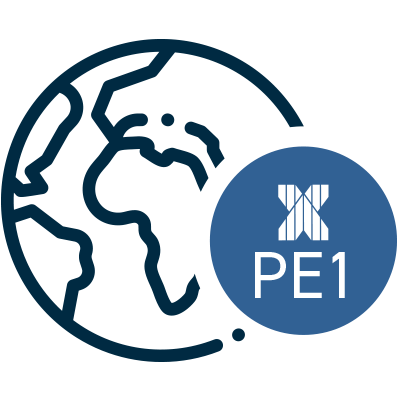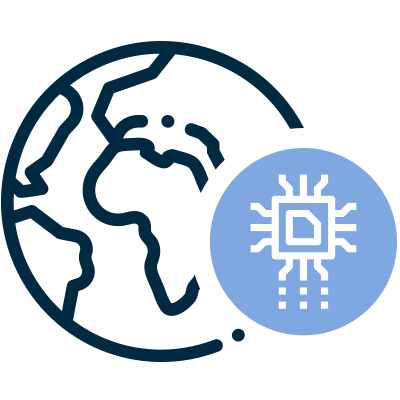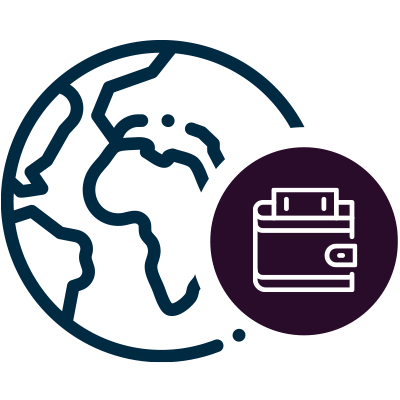SUMMARY
The Fund rose 1.2% (Class A) and 1.1% (Class B) in March, underperforming the Tel Aviv Stock Exchange 125 Index, which rose 2.1%.
Pleasingly, the Fund had a strong quarter with a positive return of +3.8% in the AUD class, comfortably outperforming the Index. The March quarter presented a number of challenges for global markets, with the S&P 500 and NASDAQ falling by -4.9% and -9.1% respectively. If not for a significant bounce in the second half of March, the performance would have been a lot worse. Against this backdrop, the Israeli market performed particularly well with a first-quarter return of +1.9%.

